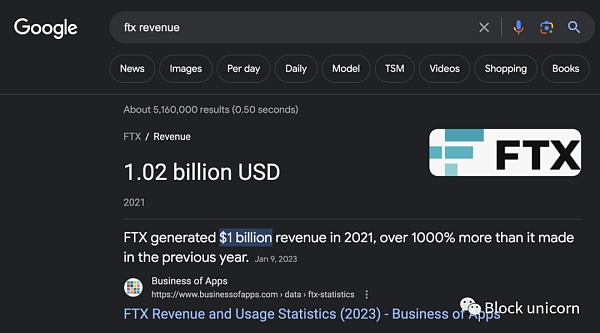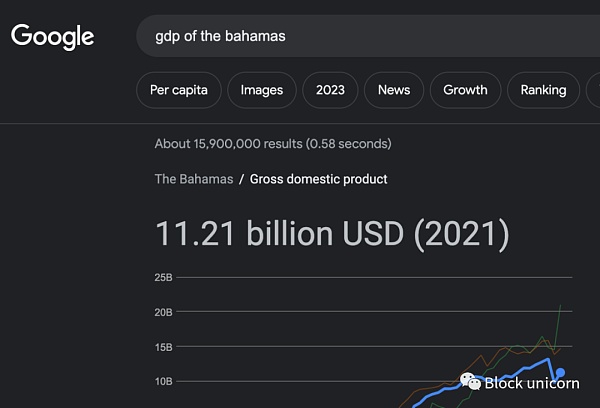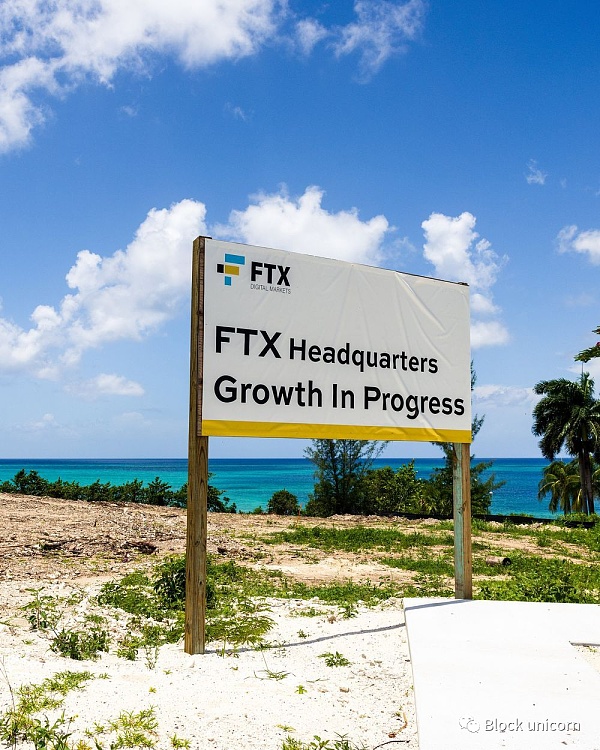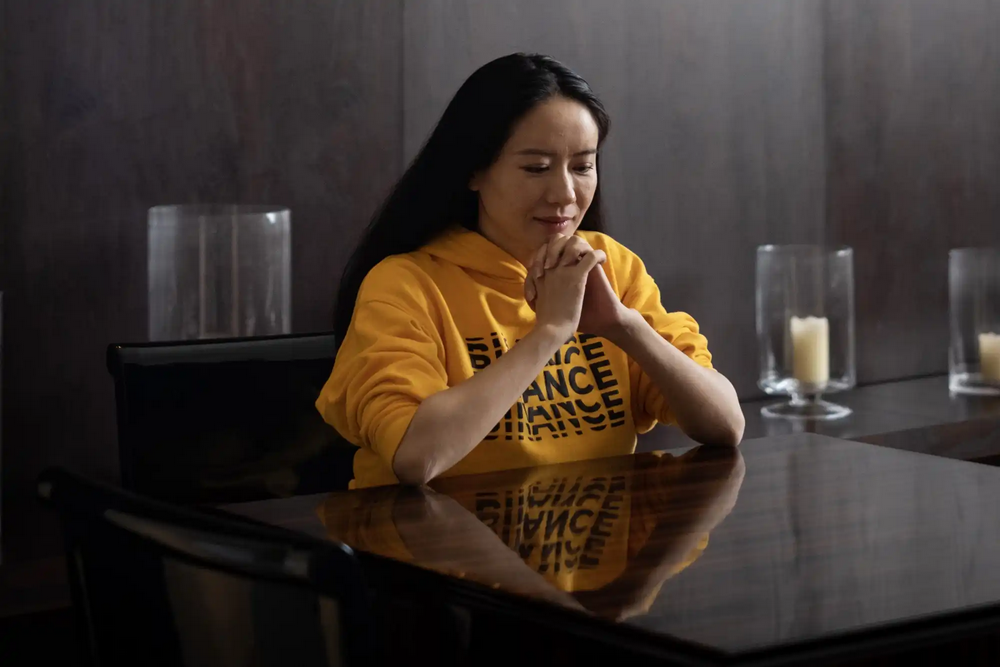Alameda Engineer SBF stole my life savings
Alameda Engineer SBF stole my savingsAuthor: aditya_baradwaj,Translation: Block unicorn
As an engineer at Alameda Research, my entire life savings were stolen by my former boss, Sam Bankman-Fried (known as SBF). Now, after going through the crazy months of the FTX collapse, I am ready to tell my story.
Let’s start from the beginning:
I still remember the first time I met Sam— it was my first day in the office. I had just left my job at Google and was excited to work at this small and mysterious cryptocurrency trading company. At that time, news about Sam was only small-scale. In the tech industry, Alameda/FTX was not well-known. In fact, the reason I knew about this company was because some early employees had also attended Berkeley, and these news reached my ears through word of mouth.
- US Department of the Treasury Arrest and Sanction Tornado Cash Co-founder
- Binance Labs invests in DeFi yield protocol Pendle Finance.
- LianGuai Morning News | Membrane Finance launches the first Euro stablecoin EUROe.
The office itself was unremarkable, located on the fourth floor of an ordinary office building in downtown Berkeley, a place I often passed by when I was in college.
On the directory, the name of the 4th floor tenant was empty, only showing that they shared this building with “Pacific Lutheran Theological Seminary” and other names, which was completely different from what I expected from a billion-dollar cryptocurrency trading company.
When I walked into the office, SBF was sitting in the middle of the trading hall, talking on the phone and playing League of Legends.
Yes, that was Alameda’s trading hall… Although on paper, Sam had transitioned to full-time management of FTX, in reality, the two companies were highly intertwined. The shared office space, social activities, and accommodation arrangements between the two companies were all common, but we’ll talk about that later.
I’m not sure who he was talking to, but I heard snippets of their conversation from SBF:
“Decentralization is the future. The most important thing you can do for yourself is to let go of everything at hand and join the cryptocurrency revolution.”
This was one of the many contradictions I would see in SBF. On one hand, he would talk extensively about the benefits of decentralization and permissionless finance to those who were willing to listen. However, a custody-based derivatives exchange that required intellectual property verification was not exactly the epitome of decentralization.
I guess everyone has two different thoughts in their hearts… or maybe something else.
The meaning of this passage is that SBF promotes the benefits of decentralized finance, but the company he founded, FTX, is a centralized exchange. This seems contradictory.
Perhaps SBF believes that decentralized finance is the future but is not yet mature and needs centralized exchanges to help it develop. Perhaps he believes that decentralized finance and centralized finance can coexist and play their respective roles in their own fields.
Perhaps, there is also this contradiction deep in SBF’s heart. He hopes that decentralized finance can succeed, but he also knows that centralized exchanges are still indispensable at present.
That night, we ordered Sliver Pizza, ate and chatted. He also revealed his plan to move the entire company to a small island in the Caribbean Sea. At that time, I knew nothing about the Bahamas, but as I talked with SBF, I clearly felt that he had done some research.
SBF said, “Do you know that FTX’s revenue exceeds 10% of the GDP of the Bahamas?” At that time, I didn’t know, but after a quick search on Google, I found that what he said might be true.


SBF then further elaborated on FTX’s vision, which goes beyond being just a cryptocurrency exchange: he talked about establishing a vaccine factory in the Bahamas to address unnoticed medical issues caused by the slow approval of drugs by the US Food and Drug Administration (FDA). He believed that due to the time-consuming drug approval process, many people might die because they did not receive timely drug treatment, like an invisible graveyard. He discussed the strategy of political donations made by FTX executives. He talked about future technologies that may emerge, such as iterative embryo selection, and the importance of not letting China dominate the field of basic biological research. Of course, he also talked about anti-malaria mosquito nets and veganism.
Hearing Sam’s vision for the future, it is obvious that every step he has taken – Alameda, FTX, Bahamas, policy advice – is part of a grand plan. He doesn’t want to build a company, he wants to build a machine – a growing sphere of influence that can break free from the confines of that small office in Berkeley, spreading positive influence globally. It’s not just a company, but a monument to effective altruism.
As a dream-driven new employee, it’s hard not to be attracted by SBF’s foresight. Many of us joined this company because we wanted to do something good in this world. And this billionaire who is not yet 30 years old is using his wealth to support an unprecedented vision for the future.
Not to mention his modest and clumsy demeanor, I think many people can find similarities with ourselves in him (which can resonate with most talents).
In the next year and a half, my life has transformed in a way I never imagined.
I have experienced luxuries that I have only seen in movies before, regularly flying between Berkeley, Hong Kong, and the Bahamas. I have had contact with celebrities, sports idols, and political figures.
However, at the same time, I also saw irresponsible behavior. A company that handles billions of dollars in funds has a risk management that does not take risks into account. Technical debt makes any software engineer feel sad, millions of dollars wasted, and the arrogant attitude that thinks it is not important.
Of course, SBF did not eventually build a vaccine factory or eliminate malaria. His most trusted clients, investors, and employees all faced financial difficulties, and the unfinished FTX headquarters remained on the beach in Nassau, becoming a ruin.

SBF himself is currently serving a sentence in MDC prison for violating his house arrest conditions. Even after experiencing all this, he still seems unable to comply with the rules.
In the past few months, I have seen a lot of speculation about FTX and Alameda online. Unfortunately, not all of them are based on reality. What are Sam, Caroline, and others really like? Is all of this just a scam? How is life in the Bahamas? People should know the truth.
We will continue to update Blocking; if you have any questions or suggestions, please contact us!
Was this article helpful?
93 out of 132 found this helpful
Related articles
- a16z Partner 4 Theories for the Development of the Creator Economy
- Inventory of the Top Five Leaders in the Ethereum Layer 2 Track
- Evening Must-read|How does intentional trading support the next wave of Web3 narrative?
- Why not choose L2 native tokens as the Gas tokens for Rollup?
- BTC mining difficulty jumps 6% to a new high, hash rate indicates high confidence
- Modular Rollup Mantle Current Status and Interaction Guide
- Why not use protocol tokens as gas tokens for rollups?






